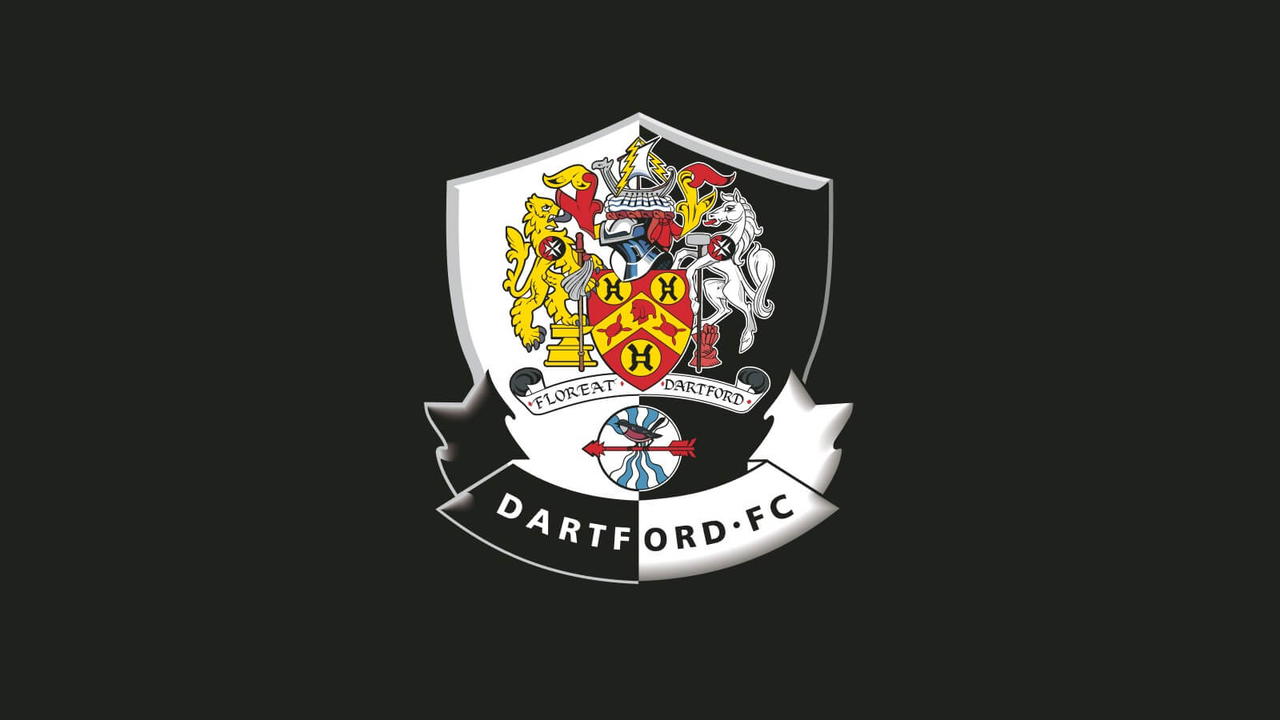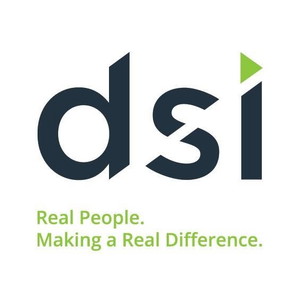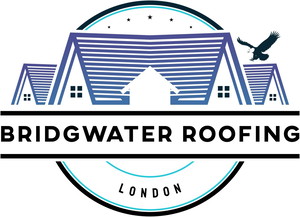Dartford FC: Anti-Bullying Policy
| Implementation Date: |
01.03.24 |
| Agreed By:
|
Jack Smedley |
| Next Review Date:
|
01.03.26 |
Statement of Intent:
Dartford Football Club are committed to providing a caring, friendly, and safe environment for all our members so they can participate in football in a relaxed and secure atmosphere. Bullying of any kind is unacceptable at our club. If bullying does occur, all club members or parents should be able to tell and know that incidents will be dealt with promptly and effectively.
We are a TELLING club. This means that anyone who knows that bullying is happening is expected to tell the Club Welfare Officer or any committee member. This club is committed to playing its part to teach players to treat each other with respect.
Objectives of this policy:
- All club members, coaches, officials, and parents should understand what bullying is.
- All club members, officials and coaching staff should know what the club policy is on bullying and follow it when bullying is reported.
- All players and parents should know what the club policy is on bullying, and what they should do if bullying arises.
- As a club we take bullying seriously. Players and parents should be assured that they would be supported when bullying is reported.
- Bullying will not be tolerated.
What is Bullying?
Bullying is the repetitive, international hurting of one person or group by another person or group, where the relationship involves an imbalance of power. It can happen face-to-face or through cyberspace, and comes in many different forms:
Examples of bullying:
Verbal: name-calling, sarcasm, spreading rumours, teasing.
Physical: Any form of physical violence, intimidating behaviour, theft, or the intentional damage of possessions. This includes hitting, kicking, and punching.
Emotional: Excluding, tormenting, ridiculing, humiliation, setting people up and spreading rumours.
Racial taunts, graffiti, gestures, homophobic comments, jokes about disabled people, sexist or misogynistic comments.
Cyberbullying: The misuse of digital technologies or communication to bully a person or a group, typically through messages or actions that are threatening and/or intended to cause offence, anxiety or humiliation, Examples of cyberbullying include:
- Abusive comments, rumours, gossip, and threats made using digital communications and/ or technologies – this includes internet trolling.
- Sharing pictures, videos, or personal information without the consent of the owner and with the intent to cause harm or humiliation.
- Hacking into someone’s email, phone, or online profiles to extract and share personal information, or to send hurtful content while posing as that person.
- Creating dedicated websites that intend harm, make fun of someone, or spread malicious rumours.
- Pressurising someone to do something they do not want to, such as sending a sexually explicit.
Whilst the above constitute forms of cyber bullying, it is also important to understand that some of what is described are also criminal offences.
Dartford Football Club commits to ensure our website(s) and/or social networking pages/ digital systems are being used appropriately and any online bullying will be dealt with swiftly and appropriately in line with procedures detailed in this policy.
Why does Bullying take place?
People can be targeted for any reason, but people who bully others target `difference` and bullying can be a form of wider discrimination. For example, bullying behaviour may be:
- Racist: Targeted at ethnicity, skin colour, and language, religious or cultural practices.
- Homophobic, biphobic and/or transphobic: Targeted at actual or perceived sexuality and/or gender.
- Sexual and/or sexist: This is behaviour that is intended to cause offence, humiliation, or intimidation.
- Disablist: Targeted at an impaired or special educational need.
- Targeting and difference: Bullying can also be targeted at ‘looks,’ weight and height, colour of hair, wearing glasses or braces, acne, psoriasis and eczema, scars, marks or conditions of the face or body, body odour, poverty, gifts and talents or family situation (E.g. divorce, bereavement, homelessness).
- Discrimination: Bullying because of discrimination occurs when bullying is motivated by a prejudice against certain people or groups of people. This may be because of their gender, age, race, nationality, ethnic origin, religion or belief, sexual orientation, gender reassignment, disability, or ability.
Why is it Important to Respond to Bullying?
Bullying hurts. Everyone has the right to be treated with respect and no one deserves to be a victim of bullying. Individuals who are bullying need to learn different ways of behaving.
Dartford Football Club has a responsibility to respond promptly and effectively to issues of bullying.
Signs and indicators:
A child may indicate by signs or behaviour that he or she is being bullied. Adults should be aware of these possible signs and that they should investigate if a child:
- says he or she is being bullied.
- is unwilling to go to club sessions.
- becomes withdrawn anxious or lacking in confidence.
- feels ill before training sessions.
- comes home with clothes torn or training equipment damaged.
- has possessions go ‘missing.’
- asks for money or starts stealing money (to pay the bully).
- has unexplained cuts or bruises.
- is frightened to say what’s wrong.
- gives improbable excuses for any of the above.
In more extreme cases, if a child or young person:
- starts stammering.
- cries themselves to sleep at night or has nightmares.
- becomes aggressive, disruptive, or unreasonable.
- is bullying other children or siblings.
- stops eating.
- attempts or threatens suicide or runs away.
These signs and behaviours may indicate other problems, but bullying should be considered a possibility and should be investigated.
Procedures:
- Report bullying incidents to the Club Welfare Officer, Assistant Welfare Officer, or a member of the Club’s Committee/Board.
- In cases of serious bullying, the incidents will be referred to the County FA Welfare Officer for advice and to The FA Case Management Team.
- Parents will .be informed and will be asked to come into a meeting to discuss the problem
- If necessary and appropriate, the police will be consulted.
- The bullying behaviour or threats of bullying must be investigated, and the bullying stopped quickly.
- An attempt will be made to help the bully (bullies) change their behaviour.
- If mediation fails and the bullying is seen to continue the club will initiate disciplinary action under the club constitution.
Recommended Club Action:
If the club decides it is appropriate for them to deal with the situation, they should follow the procedure outlined below:
- Reconciliation by getting the parties together. It may be that a genuine apology solves the problem.
- If this fails/not appropriate a small panel (made up from the Chairperson, Club Welfare Officer, Secretary, committee members) should meet with the parent and child alleging bullying to get details of the allegation. Minutes should be taken for clarity, which should be agreed by all as a true account.
- The same 3 persons should meet with the alleged bully and parent/s and put the incident raised to them to answer and give their view of the allegation. Minutes should again be taken and agreed.
- If bullying has in their view taken place the individual should be warned and put on notice of further action i.e., temporary, or permanent suspension if the bullying continues. Consideration should be given as to whether a reconciliation meeting between parties is appropriate at this time.
- In some cases, the parent of the bully or bullied player can be asked to attend training sessions, if they are able to do so, and if appropriate. The club committee should monitor the situation for a given period to ensure the bullying is not being repeated.
- All coaches involved with both individuals should be made aware of the concerns and outcome of the process i.e., the warning.
In the case of adults reported to be bullying anyone within the club under 18:
- The County Welfare Officer should always be informed and will advise on action to be taken where appropriate; this may include action by The FA Safeguarding Team.
- It is anticipated that in most cases where the allegation is made regarding a team manager, official or coach, The FA’s Safeguarding Children Education Programme may be recommended.
- More serious cases may be referred to the Police and/or Children’s Social Care.
Prevention:
- Dartford Football Club has written Codes of Conduct which includes what is acceptable and proper behaviour for all members of which the ant- bullying policy is one part.
- All club members and parents sign the Codes of Conduct upon joining the club.
- The Club Welfare Officer will raise awareness about bullying and why it matters, and if issues of bullying arise in the club, will consider meeting with members to discuss the issue openly and constructively.
CONTACT INFORMATION
Club Welfare Officer: Emma Colmer
Tel: 07815 141256
Email: cwodfc@gmail.com
Welfare Officer (Community): Warren Bull
Tel: 07956 438473
Email: warren.cricket@yahoo.co.uk
National League Designated Safeguarding Officer: Martyn Cannon
Tel: 0121 7142207
Email: Safeguarding@thenationalleague.org.uk
If at any time you are not able to contact your Club Welfare Officer, or the matter is clearly serious then you can contact your CFA Welfare Officer directly:
Kent FA
Designated Safeguarding Officer Lucy Kidd
Tel 01622 791850
Email: safeguarding@kentfa.com
You may wish to access any of the following websites designed to give advice and guidance to parents and children who are faced with dealing with bullying:
Guidance for parents/carers Guidance for young people
www.anti-bullyingalliance.org.uk/ www.youngstonewall.org.uk www.stonewall.org.uk www.childline.org.uk www.bullying.co.uk




















